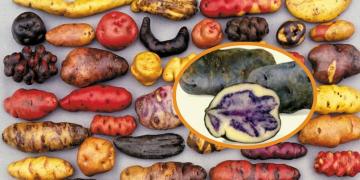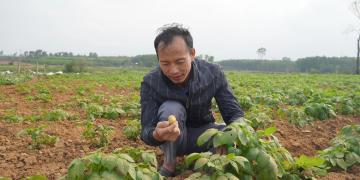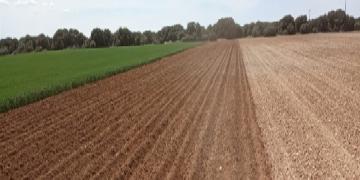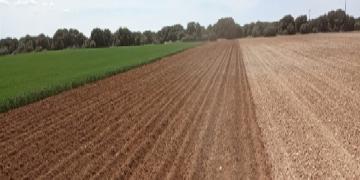Sweden: Developing resilient potatoes for the agriculture of the future
Climate change is placing new demands on agriculture. Within SLU’s Grogrund project Resilient Potatoes, researchers at the Swedish University of Agricultural Sciences are working together with industry to develop potato varieties
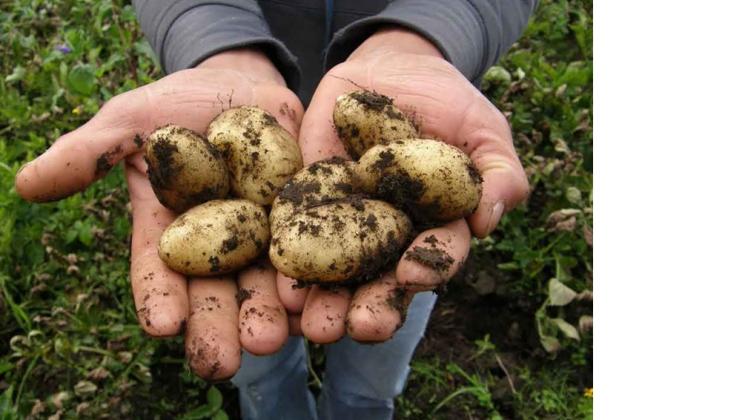
The background to the project is the need for crops that provide more stable yields despite environmental stress. The goal is to develop elite genotypes of potatoes with higher resilience than today’s varieties. In the long term, the research may also pave the way for similar solutions in other crops.
– Potato varieties that are resistant to, for example, drought would reduce crop variation and make our preparedness regarding food supply more secure, clarifies Erik Andreasson, professor of plant protection and project coordinator at SLU in Alnarp.
The researchers have identified a gene, Parakletos, that affects the resistance of potatoes. By editing out this gene with the so-called gene scissors, they have seen increased resistance to both abiotic stress, such as drought, and biotic stress, such as disease, in the laboratory. Field trials are now underway where the technology is being tested in practice under varying growing conditions.
“It’s about a change in the genome that gives the potato broad resistance. Now we’re testing whether what we’ve seen in the lab also works in the field,” explains Erik Andreasson.
The project, which runs from 2024 to 2029, is being carried out in collaboration with several actors: Lantmännen, SolEdits, Sveriges kärkelseproduenter, Potatisodlarna, Orkla and Hushållningssällskapet. Together, they have initially selected 20 potato varieties, which are now being narrowed down to five candidates for further development.
With a lifelong interest in plants, Erik Andreasson has previously focused his research on plant signaling systems and potato leaf mold – one of the biggest challenges in plant breeding. The project is part of a larger effort within SLU Grogrund to future-proof Swedish food production.
Fuente: lokaltidningen.nu

